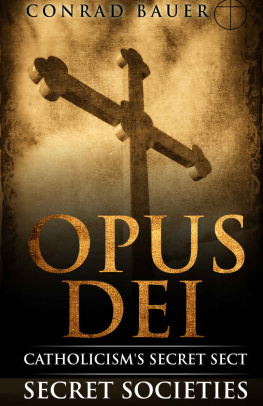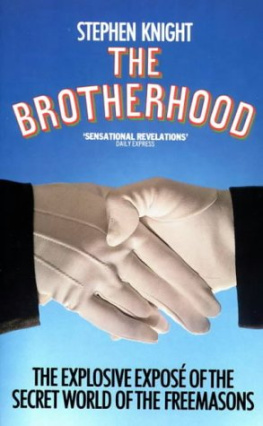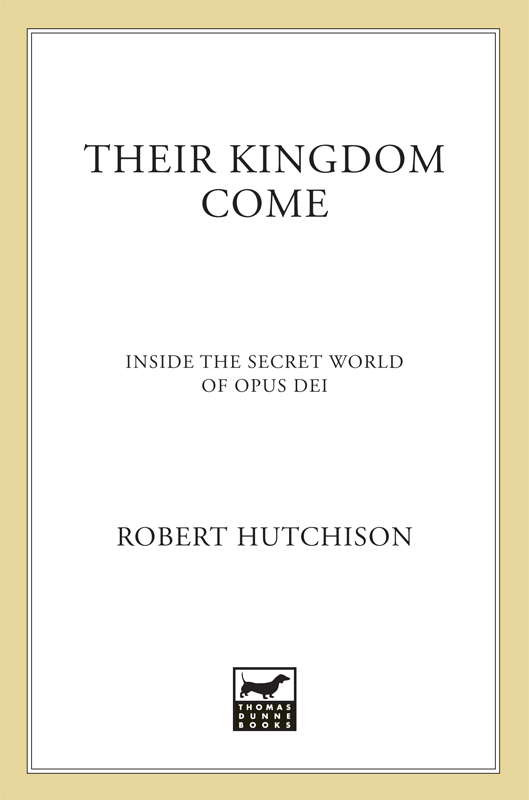Contents
Guide

The author and publisher have provided this e-book to you for your personal use only. You may not make this e-book publicly available in any way. Copyright infringement is against the law. If you believe the copy of this e-book you are reading infringes on the authors copyright, please notify the publisher at: us.macmillanusa.com/piracy .
CONTENTS
For Lucia,
Dawne and Ian
ACKNOWLEDGEMENTS
The sensitivities surrounding Opus Dei and the shyness of people who have been victims of religious sects mean that many whose experiences and comments helped structure this expos of power and deceit within the Catholic Church have no wish to be named. Though not a Catholic myself, I was deeply touched by their faith and openness when talking with me, and without their testimony this book would never have come to life in the form it has taken. I am, therefore, grateful to all of them.
Among those to whom I owe special thanks, and who can be named, are my agent, Gillon Aitken, and my editor at Doubleday, Joanna Goldsworthy. Thanks also to Arthur Radley in London, who organized the UK research, and my daughter Tamara in Geneva, whose knowledge of languages I often put to good use.
With background documentation in five languages, the translation assistance of Didier Favre, Petra and Jos Snchez and Hugo Valencia was especially appreciated. Also my thanks to Charles Raw, author of The Moneychangers, a model work of analysis and research on the Banco Ambrosiano affair, Carlo Calvi, who placed the Calvi family archives at my disposal, Godfrey Hodgson, whose file on the Pinay Group gave needed insight, Jeff Katz of Kroll Associates, Andrew Soane of Opus Dei in London, Fergal Bowers in Dublin, Professor Oldrich Fryc, head of the Department of Legal Medicine in Geneva, Marjorie Garvey of Our Lady and St Joseph in Search of the Lost Child in New York, Father Gabriel Campo Villegas, historian of the Barbastro martyrs, and London solicitor Paul Terzeon, whose submission on the Calvi murder proved an excellent guide. Alberto Moncada, Javier Sainz Moreno, Pilar Navarro-Rubio and Francisco Jos de Saralegui in Madrid provided valuable counsel, and the kindness of Mara del Carmen Tapia of Santa Barbara, California, John Prewett in Fairbanks, Randy Engel and Suzanne Rini in Pittsburgh, Father Vladimir Felzmann of the Archdiocese of Westminster and Dr John Roche of Oxford also will not be forgotten.
Michael Walsh, author of The Secret World of Opus Dei, allowed me access to the library at Heythrop College, and Jos Luis, the librarian of La Vanguardia, provided assistance at his newspapers offices in Barcelona.
In a special category come Thomson von Stein, of Washington D.C., Michael Bennett and Jacques Wittmer of Geneva. They know why, and no more need be said. Dan Urlich of Leysin mounted the computer systems used for data-basing and back-ups, and helped design the maps and graphs.
Leysin, September 1996
It is easy to get to know Opus Dei. It works in broad daylight in all countries, with the full juridical recognition of the civil and ecclesiastical authorities. The names of its directors are well known. Anyone who wants information can obtain it without difficulty.
Josemara Escriv de Balaguer
7 January 1966
Introduction
THE POPES SECRET WARRIORS
Christians, even as they strive to resist and prevent every form of warfare have a right and even a duty to protect their existence and freedom by proportionate means against an unjust aggressor.
Pope John Paul II
A Muslim is not allowed to start violence, but he is allowed to answer back with violence if someone else starts.
Dr Hassan al-Turabi
In February 1993, Pope John Paul II paid a nine-hour visit to Khartoum, capital of Sudan, Africas largest country, of which almost 80 per cent of the population some 26 million souls follow the Islamic faith. The Pope was on the last lap of his tenth African tour. After stooping to kiss the ground, he delivered a message to his Arab hosts that was starkly void of diplomacy: they must stop the terrible harvest of suffering caused through their persecution of the Christian minority, and end the ten-year-old civil war that was turning the south of the country into a wasteland. Later, outside Khartoum Cathedral, where he celebrated Mass, he compared the plight of the Sudanese Christians to that of Jesus on the Cross: in this part of Africa, I see clearly a particular reproduction of Calvary in the lives of the majority of the Christian people.
His admonishments were directed at the Sudanese president, General Omar Hassan al-Bashir, who had seized power in a military coup almost four years before, and Dr Hassan al-Turabi, the regimes chief ideologist and real power behind the military council. As the secretary general of the National Islamic Front, Dr Turabi was one of the architects of a modern alliance between extremist Sunni and Shiite forces that had not been seen since the first centuries of Islam, when the followers of the Prophet conquered an empire that stretched from the Pamirs to the Pyrenees.


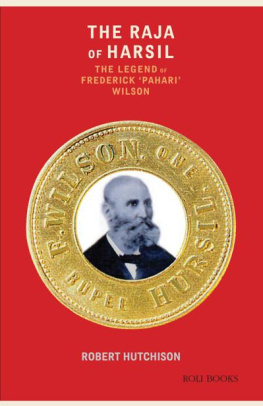

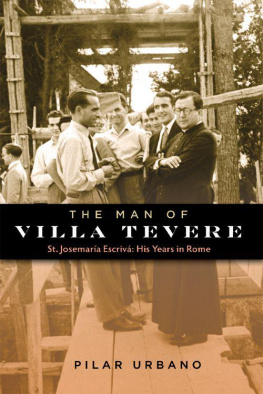
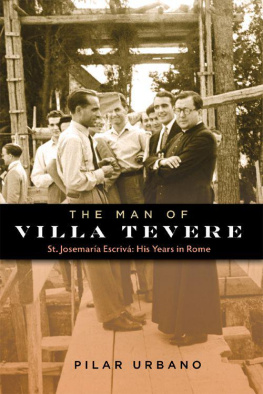
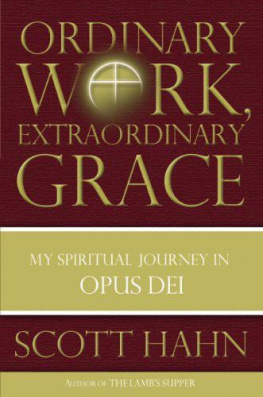
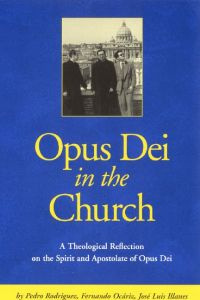
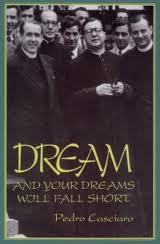
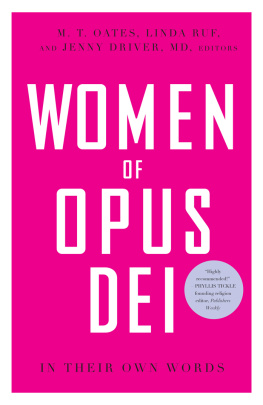

![Scott Hahn [Inconnu(e)] - Ordinary Work, Extraordinary Grace: My Spiritual Journey in Opus Dei](/uploads/posts/book/134758/thumbs/scott-hahn-inconnu-e-ordinary-work.jpg)
